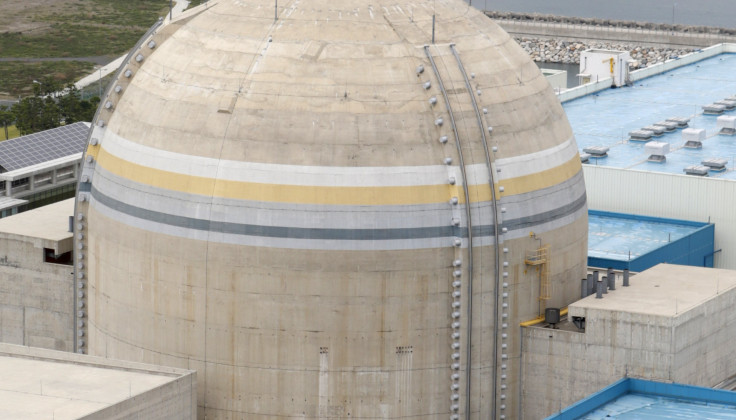Hacker Who Posted South Korean Nuclear Plants’ Information Online Demands Money

A hacker who leaked information about South Korea’s nuclear plants online demanded money for not handing over sensitive information about the plants to other countries. The hacker had posted files, including documents about the country’s indigenous advanced power reactor, on Twitter.
Officials from Korea Hydro & Nuclear Power Co. (KHNP) said that they have not yet been able to identify how sensitive the leaked information is because their safety protocol dictated that the online files should not be opened or downloaded, Yonhap reported. The attacker had earlier demanded that KHNP shut down some of its reactors and had threatened to "bring destruction" to the power plants unless his demand was met before Christmas.
"Need money. Only need to meet some demands... Many countries from Northern Europe, Southeast Asia and South America are saying they will buy nuclear reactor information. Fear selling the entire information will undermine President Park (Geun-hye)'s efforts to export nuclear reactors," the hacker’s post said, according to Yonhap.
According to officials at KHNP, the hacker could not have accessed classified information because its internal server has been isolated since last year, Yonhap reported. In the latest post, which is the sixth such post since Dec. 15, the hacker also threatened to launch 9,000 viruses as an attack against KHNP, which had reportedly found 7,000 viruses before.
"Since the so-called anti-nuclear group made its fifth release of information on Dec. 23, no cyber-attack or information leak has taken place while the documents released today appear to have been obtained long before," the company said in a press release, according to Yonhap.
Among the information released Thursday was also the transcript of a telephone conversation between the South Korean president and U.N. Secretary General Ban Ki-moon.
In December, hackers stole non-essential information from the systems of KHNP, and investigators were looking at North Korea as a suspect.
© Copyright IBTimes 2025. All rights reserved.





















